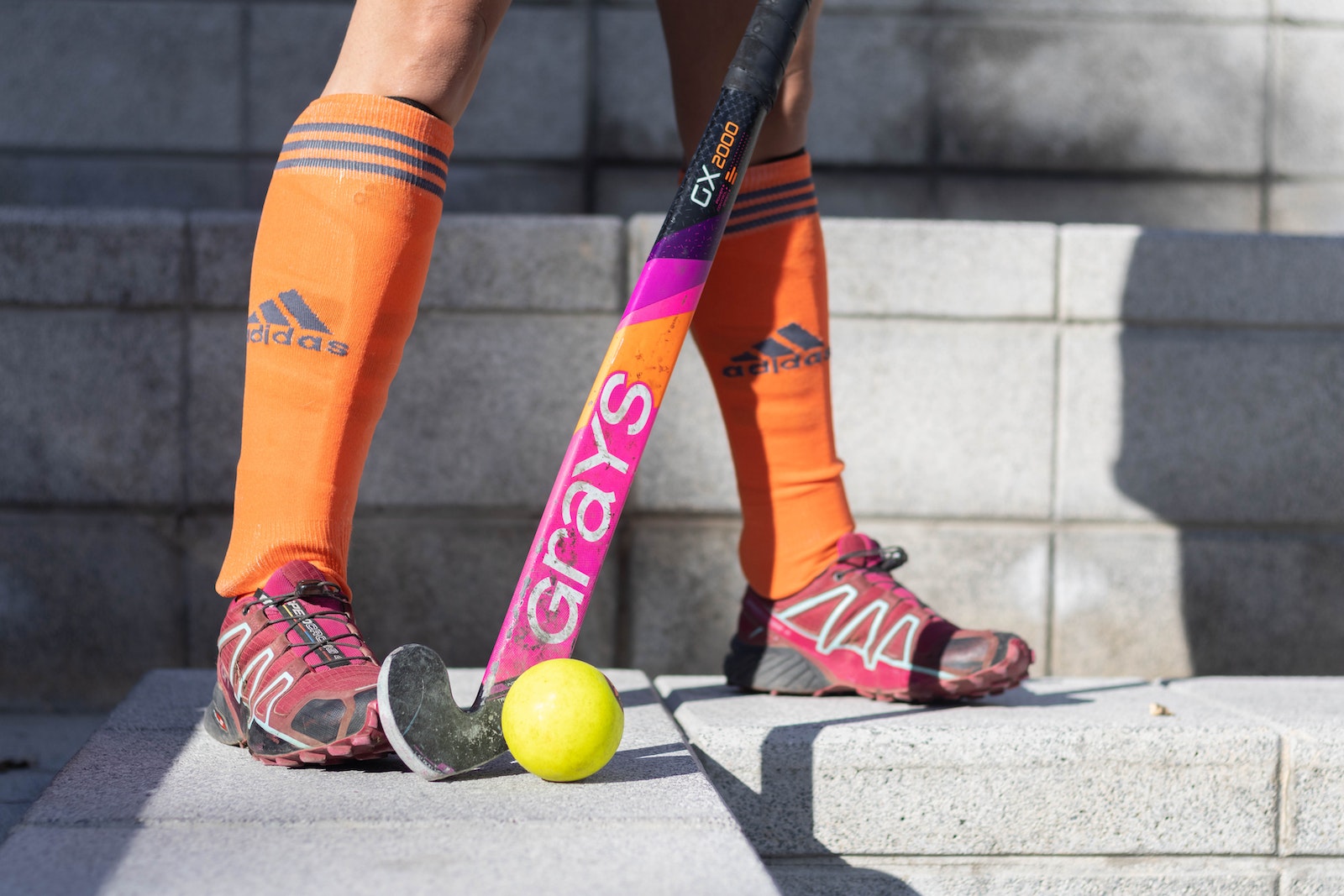Understanding the Duration of Field Hockey Games
The duration of field hockey games varies depending on the level and type of competition. Typically, a field hockey game is sixty minutes long with two thirty-minute halves. These games are usually divided into four quarters as well, each lasting fifteen minutes. Between each quarter, there may be an additional break for halftime or water breaks, which would extend the overall time needed to play a full match.
When it comes to international tournaments such as the Olympics and World Cup Championships, these matches are typically seventy-five minutes long with two thirty-seven and a half minute halves plus extra time if necessary. Additionally, some leagues have rules that allow overtime periods in order to determine who will be declared victorious in case teams are tied at regular time’s end.
Factors Affecting Field Hockey Game Lengths
The length of any given field hockey game can vary depending on several factors, including weather conditions and how many players from either team receive penalty cards during gameplay, which adds to stoppage time for referees discerning fair judgment calls before restarting play again. Age group also plays a part in determining how long a match will last; younger age groups may opt for shorter matches, while elite competitive levels might require more playing time due to intense skill sets found within these divisions. Furthermore, different regulations regarding substitutions can affect overall game lengths allowing coaches more opportunities to rotate players throughout their rosters when deemed necessary by them.
Conclusion
Overall , field hockey is an exciting sport played by millions worldwide, but understanding its basic rules – like knowing what goes into determining how long it takes for one full match – helps ensure everyone involved has an enjoyable experience no matter what division they’re competing at!

